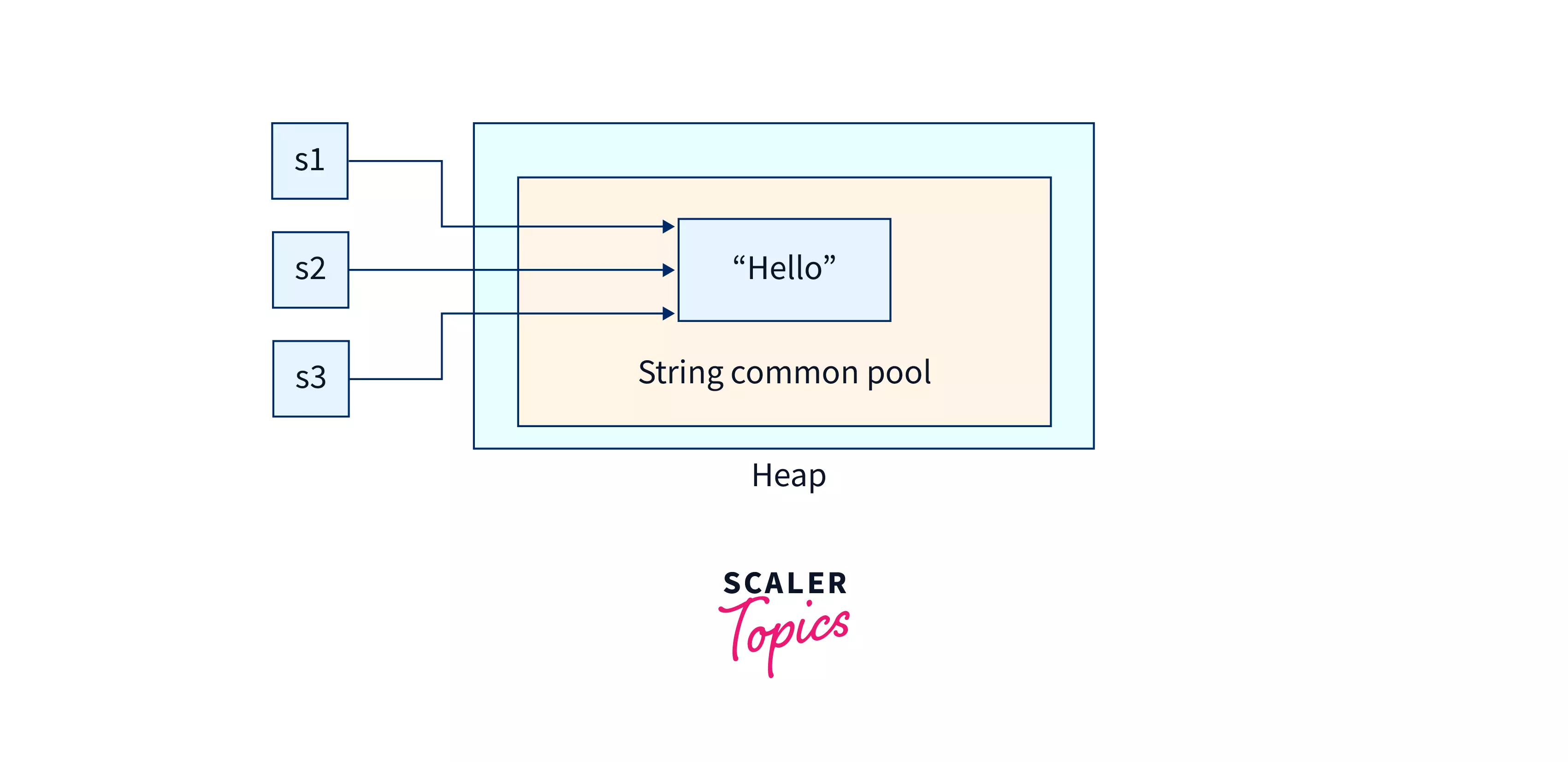What Is Unalterable Strings and How It Works
In the world of programs, recognizing the idea of immutable strings is paramount for creating robust and secure applications. Immutable strings refer to strings that can not be altered after they are produced, guaranteeing data stability and predictability within the code.
The Fundamentals of Unalterable Strings
Unalterable strings, as an essential concept in programs, are character sequences that can not be transformed as soon as they are developed. This suggests that once a string is assigned a worth, that value can not be altered. In languages like Python and Java, strings are immutable objects, resulting in various effects in regards to memory management and data stability.
Among the key advantages of immutable strings is that they give a complacency in data adjustment. Because the material of an immutable string can not be customized, it makes sure that the original information remains undamaged, reducing the threat of unintentional adjustments during program execution (Why are strings immutable in Java?). This property additionally simplifies debugging processes, as developers can trust that as soon as a string is specified, its value will certainly not be inadvertently changed
When a new string is developed based on an existing one, instead than changing the initial string, the new value is stored individually. On the whole, understanding the essentials of unalterable strings is important for understanding programs concepts and optimizing code efficiency.
Benefits of Immutable Strings
Structure upon the safety and security and effectiveness benefits of unalterable strings, their advantages include boosting code reliability and streamlining concurrent programs jobs. By being immutable, strings can not be modified after creation, which gets rid of the threat of unexpected modifications in the data they store. This integral immutability ensures that when a string is created, its worth remains continuous throughout the program's execution, decreasing the possibilities of bugs triggered by unexpected changes.
Furthermore, immutable strings add to code dependability by making it much easier to reason concerning the state of a program. Since strings can not be changed, developers can rely on that a string will constantly hold the same worth, simplifying debugging and upkeep efforts. This predictability brings about extra steady and reliable codebases.

Execution in Programming Languages
Within various programming languages, the incorporation of unalterable strings is an essential aspect that impacts just how data is dealt with and controlled within code structures. The execution of unalterable strings differs throughout various shows languages, with each language supplying its very own mechanisms to sustain this concept.

On the other hand, languages like C and C++ do not have integrated assistance for unalterable strings. Programmers in these languages should by hand execute immutability by implementing guidelines within their code to protect against direct adjustments to string objects.
Best Practices for Working With Unalterable Strings
When managing unalterable strings in programs languages like Java and Python, adhering to ideal practices makes sure effective and protected information manipulation. Among the essential ideal practices is to utilize StringBuilder or StringBuffer as opposed to directly controling strings, specifically when dealing with substantial concatenation operations. These classes offer mutable options for string control, helping to prevent unnecessary memory allowances and enhancing efficiency.
An additional ideal technique is to utilize string interpolation or formatting works supplied by the language rather than hand-operated concatenation. This not just enhances readability but likewise help in preventing usual mistakes such as unintentional string alterations. Additionally, when collaborating with delicate data such as passwords or API secrets, it is crucial to stay clear of storing them as ordinary text in immutable strings. Utilizing protected storage mechanisms like char ranges or specialized libraries for taking care of delicate information aids minimize safety and security threats related to immutable strings.
Real-world Applications and Instances
Discovering useful executions of unalterable strings in various industries exposes their substantial influence on data honesty and system dependability. In the health care sector, immutable strings play a crucial function in making certain the security and privacy of patient data. By preventing unauthorized modifications to delicate information such as medical records and prescriptions, find this immutable strings assist keep conformity with stringent personal privacy policies like HIPAA.
Financial organizations also take advantage of the immutable nature of strings to boost the safety visit of client information and deal documents. Immutable strings help protect against scams and unapproved modifications to financial details, giving a robust defense against cyber risks and making certain the depend on and confidence of customers.

Conclusion
Finally, immutable strings are taken care of and stable series of characters that supply advantages such as string safety and improved performance in programs. They are carried out in different programs languages to make sure information honesty and safety and security. Best practices for working with unalterable strings consist of avoiding straight adjustments and making use of techniques that return new string items. Real-world applications of unalterable strings include information security, caching, and string adjustment jobs.
Immutable strings refer to strings that can not be modified after they are produced, making sure information stability and predictability within the code. When a brand-new string is produced based on an existing one, rather than changing the original string, the new value is saved separately.In languages like Java and Python, strings are immutable by default, suggesting that as soon as a string item is developed, its worth can not be transformed - visit the site Why are strings immutable in Java?. Finest methods for functioning with unalterable strings include avoiding direct modifications and making use of techniques that return brand-new string items. Real-world applications of unalterable strings include data security, caching, and string control tasks